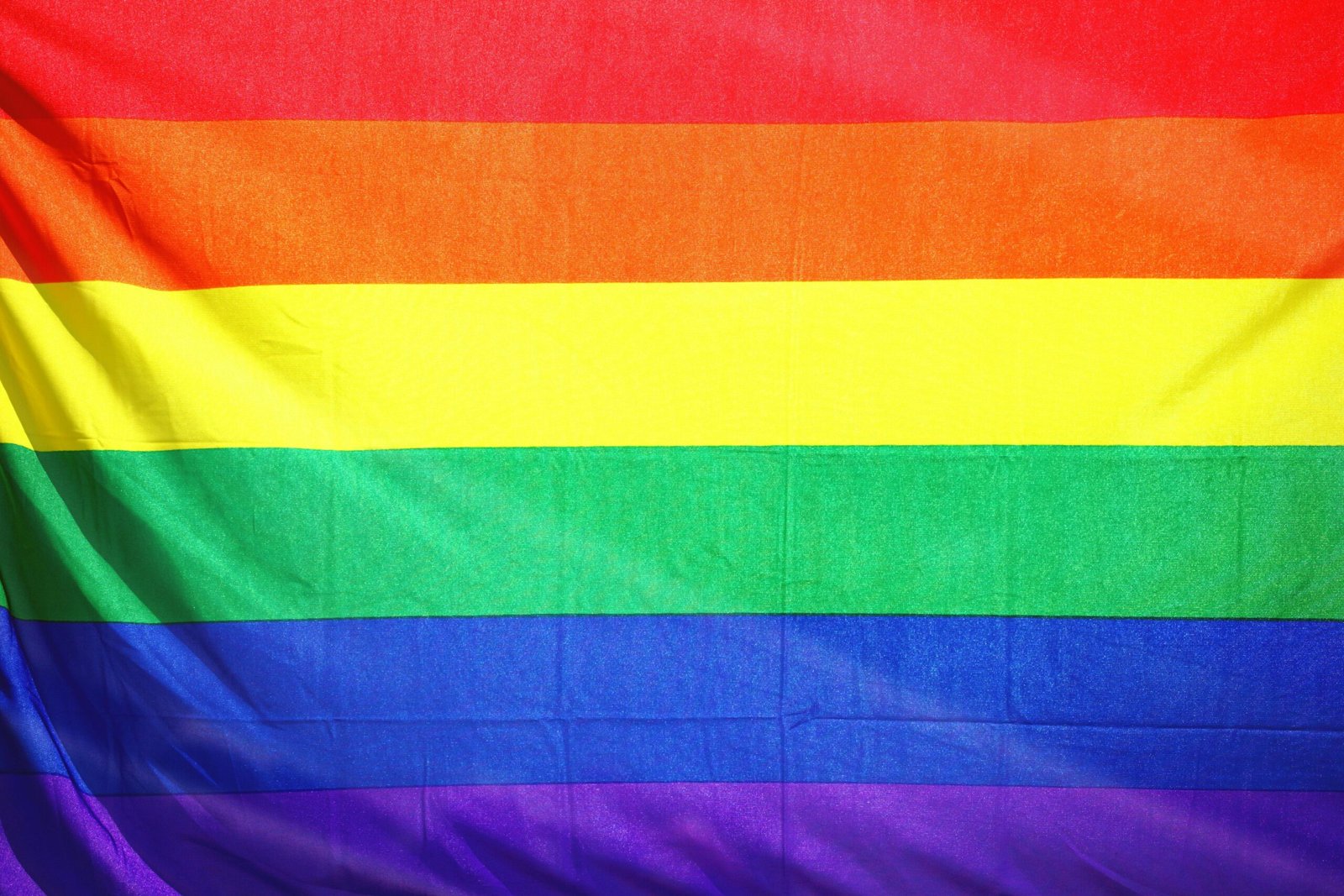Japan’s Historic Leap: Same-Sex Marriage Ban Overturned
- Tokyo High Court in Japan has declared the country’s ban on same-sex marriage unconstitutional.
- The court ruled that the ban violates the right to equality and the essential equality of the sexes.
- However, the court upheld a lower court ruling rejecting a demand by plaintiffs for the state to pay damages.
- This ruling is a significant milestone in the fight for equal rights for the LGBT community in Japan.
In a historic ruling, the Tokyo High Court in Japan has declared the country’s prohibition on same-sex marriage as unconstitutional. This decision marks a significant stride towards equality and recognition for same-sex couples in Japan, the only Group of Seven major industrialized country that has not legalized same-sex marriage or civil unions.
The court’s ruling was based on the argument that the lack of legal recognition for same-sex marriage violates the right to equality under the Constitution. The ban was said to lead to discriminatory treatment of people based on their sexual orientation. The court also ruled that the marriage ban violates the section of the Constitution that mandates laws concerning matters pertaining to marriage and family to be enacted from the standpoint of individual dignity and the essential equality of the sexes.
Presiding Judge Sonoe Taniguchi acknowledged that recognition of a person’s right to a spousal relationship with a partner should be respected as an important legal interest for all, including those in same-sex relationships. She noted that the degree of social acceptance for granting same-sex couples the same protection as heterosexuals has heightened considerably.
The Fight for Compensation and Legal Recognition
However, the court upheld a lower court ruling rejecting a demand by plaintiffs for the state to pay damages, citing the lack of a decision by the Supreme Court. The seven plaintiffs, including same-sex couples, had demanded 1 million yen ($6,500) each from the state. They argued that civil law provisions not allowing same-sex marriage violate the right to equality under the Constitution and its guarantee of the freedom of marriage.
This ruling follows a similar decision by the Sapporo High Court earlier this year, which also declared the country’s lack of legal recognition of same-sex marriage as unconstitutional. Despite these progressive rulings, every court has dismissed compensation claims.
The government’s top spokesman said the state will closely monitor developments of other similar lawsuits, adding that it also needs to take into account Diet deliberation as well as some local governments’ move to recognize same-sex partnership. The introduction of the same-sex marriage system concerns the fundamentals of people’s lives and is closely related to each person’s view of the family, Chief Cabinet Secretary Yoshimasa Hayashi told a press conference.
The Impact of the Ruling and Historical Context
The plaintiffs and their supporters expressed joy after the ruling. The presiding judge’s words flowed into my head and I realized that the judge took our arguments to heart. I am happy to be here today, said Chizuka Oe, one of the plaintiffs.
This ruling is a significant milestone in the fight for equal rights for the LGBT community in Japan. It reflects a shift in societal attitudes towards same-sex relationships and marriage, and it is hoped that it will pave the way for legislative changes to recognize and protect the rights of same-sex couples.
Historically, Japan has had a complex relationship with homosexuality. During the Edo period, male-male relationships, known as shudo or nanshoku, were widely accepted. However, Western influence during the Meiji Restoration led to a shift in societal attitudes, and homosexuality became stigmatized. This ruling, therefore, represents a significant step towards reclaiming the acceptance and recognition of same-sex relationships that was once a part of Japanese culture.
In conclusion, the Tokyo High Court’s ruling is a significant step towards equality and recognition for same-sex couples in Japan. It reflects a shift in societal attitudes towards same-sex relationships and marriage, and it is hoped that it will pave the way for legislative changes to recognize and protect the rights of same-sex couples. However, the fight for equal rights is far from over, and it remains to be seen how this ruling will impact future legislation and societal attitudes in Japan. This landmark ruling is a beacon of hope for the LGBT community in Japan and a significant step towards a more inclusive society.













Post Comment